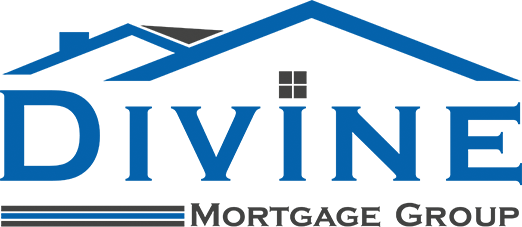10 MORTGAGE TERMS EVERY FIRST-TIME HOMEBUYER SHOULD KNOW
Buying your first home can be an overwhelming venture. If you are not financially-savvy, then terms such as ‘amortization period’ and ‘variable-rate mortgage’ may have you scratching your head in confusion. To help ease some of your worries, our expert team of brokers at Capital Mortgages have gathered together the top ten mortgage terms that every first-time homebuyer should know:
Amortization Period
The mortgage amortization period is the number of years it takes to repay the entire amount of the financing based on a set of fixed payments. Historically, the standard amortization period has been 25 years. However, shorter and, in some cases, longer time frames may be available depending on the amount of down payment you have available.
Mortgage Term
Not to be confused with the mortgage amortization period, the mortgage term describes the period of time your mortgage financing agreement covers. After the mortgage term has ended, you will have the choice to repay the remainder of the loan in full or renegotiate a new mortgage at current interest rates. The terms available are six months, or one, two, three, four, five, six, seven, and ten year terms, with the interest rates fixed for whichever length of term you choose.
Down Payment
When buying a home in Canada, a minimum down payment of 5 per cent of the purchase property value is required. In addition to the down payment, you must also be able to show that you have the capacity to cover other closing costs such as the legal fees and disbursements, appraisal fees and a survey certificate. At least 5 per cent of the down payment must be from your own cash resources and not a borrowed amount from a financial institution.
Principal
The principal describes the original amount borrowed in your mortgage loan, before interest. As you make regular mortgage payments, this number will decrease.
Gross Debt Service Ratio (GDS)
This is one of the mathematical calculations used by lenders to determine a borrower’s capacity to repay a mortgage. It takes into account the mortgage payments, property taxes, approximate heating costs, and a percentage of any condo maintenance fees, and this sum is then divided by the gross income of the applicants. Maximum ratios based on your credit history range between 32 per cent and can go as high as 39 per cent.
Total Debt Service (TDS) Ratio
This is the other mathematical calculation used by lenders to determine a borrower’s capacity to repay a mortgage. It takes into account the mortgage payments, property taxes, approximate heating costs, and a percentage of any condo maintenance fees, and any other monthly obligations (i.e. personal loans, car payments, lines of credit, credit card debts, other mortgages, etc.) This sum is then divided by the gross income of the applicants. Ratios up to 40 per cent are acceptable.
Fixed Rate Mortgage
The interest rate for a fixed rate mortgage is locked in for the term of the mortgage. Payments are set in advance for the term, providing you with the security of knowing precisely how much your payments will be throughout the entire term. Fixed rate mortgages can be open (may be paid off at any time without breakage costs) or closed (breakage costs apply if paid off prior to maturity).
Variable Rate Mortgage
With a variable rate mortgage, mortgage payments and interest rates may fluctuate up and down during the term. Regarding variable rate mortgages with a fixed payment: if interest rates go down, more of the payment is applied to reduce the principal. If rates go up, more of the payment is applied to payment of interest. For variable rate mortgages with a variable payment: if interest rates go down, the payment goes down. If rates go up, the payment goes up. Variable rate mortgages may be open or closed. A variable rate mortgage provides you with the flexibility to take advantage of falling interest rates and to convert to a fixed rate mortgage at any time.
Conventional Mortgage
A mortgage up to 80 per cent of the purchase price or the value of the property. A mortgage exceeding 80 per cent is referred to as a “High-Ratio” mortgage and the lender will require insurance for that mortgage.
High-Ratio Mortgage
A mortgage that exceeds 80 per cent of the purchase price or appraised value of the property. This type of mortgage requires mortgage default insurance.
If you are still a little confused, or would prefer to talk to someone in person about securing your first mortgage, then do not hesitate to reach out to our team! With 10 years of experience in the mortgage business, we have the expert knowledge required to guide you effortlessly through getting your first mortgage and beyond.

